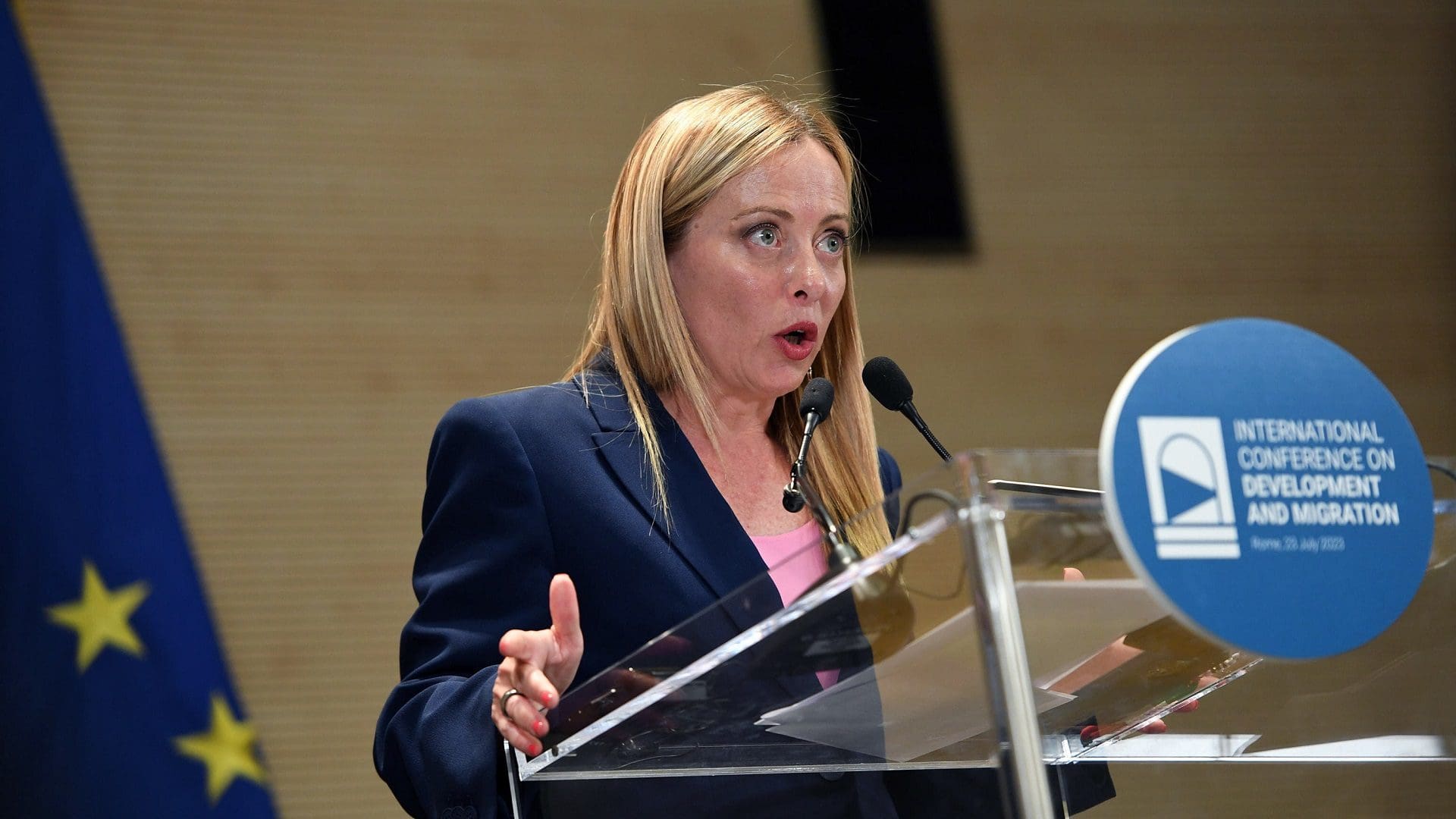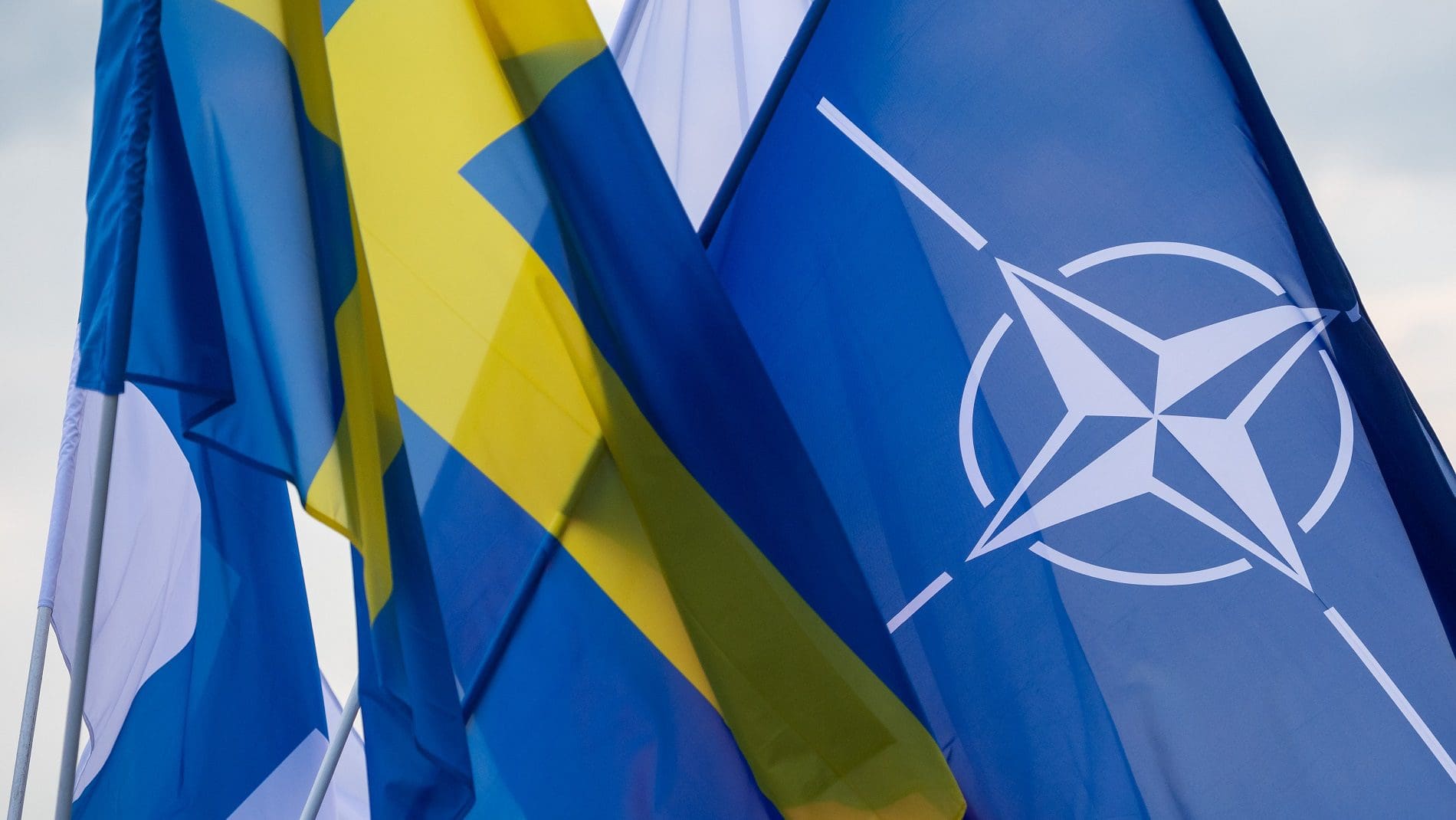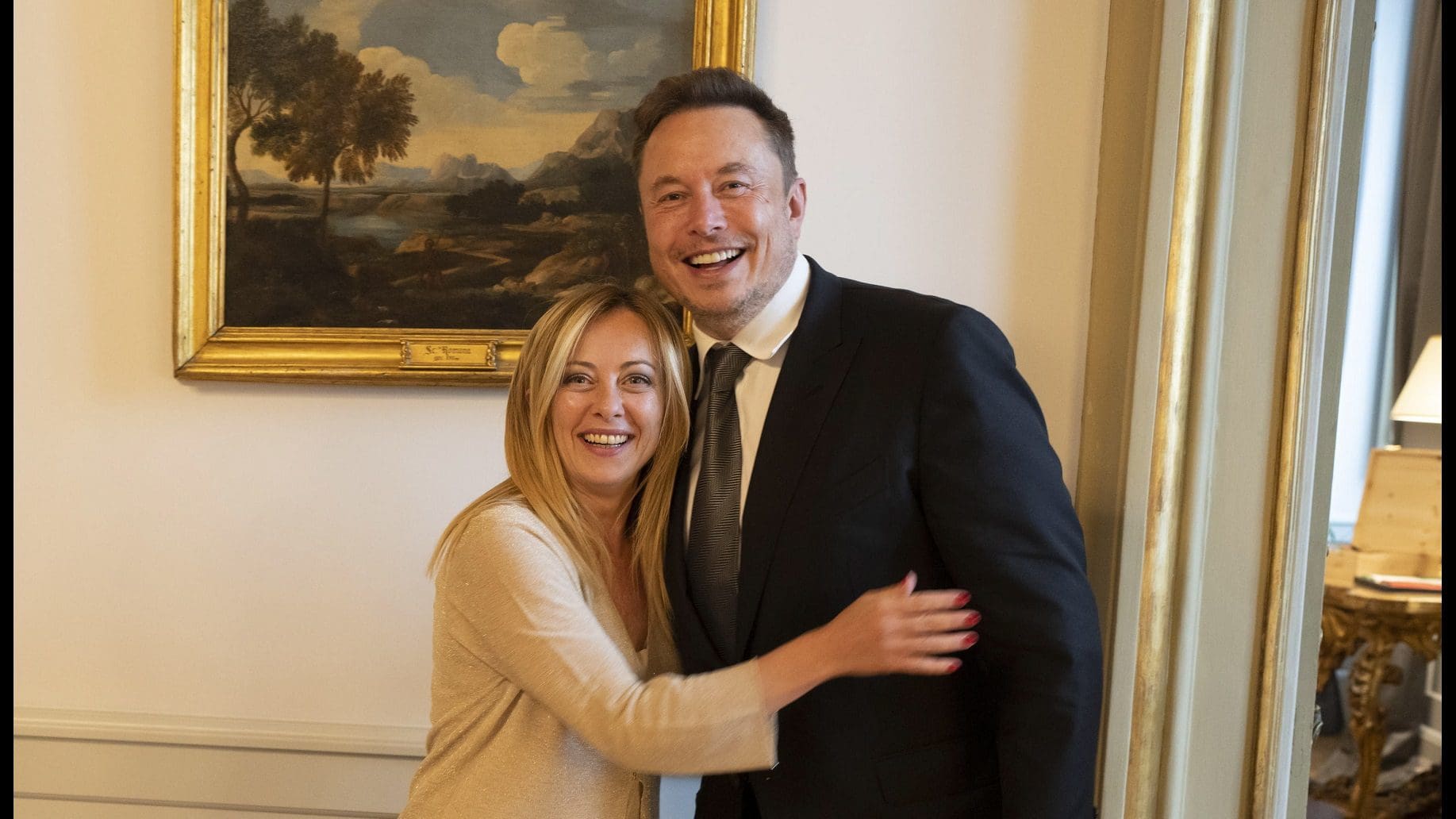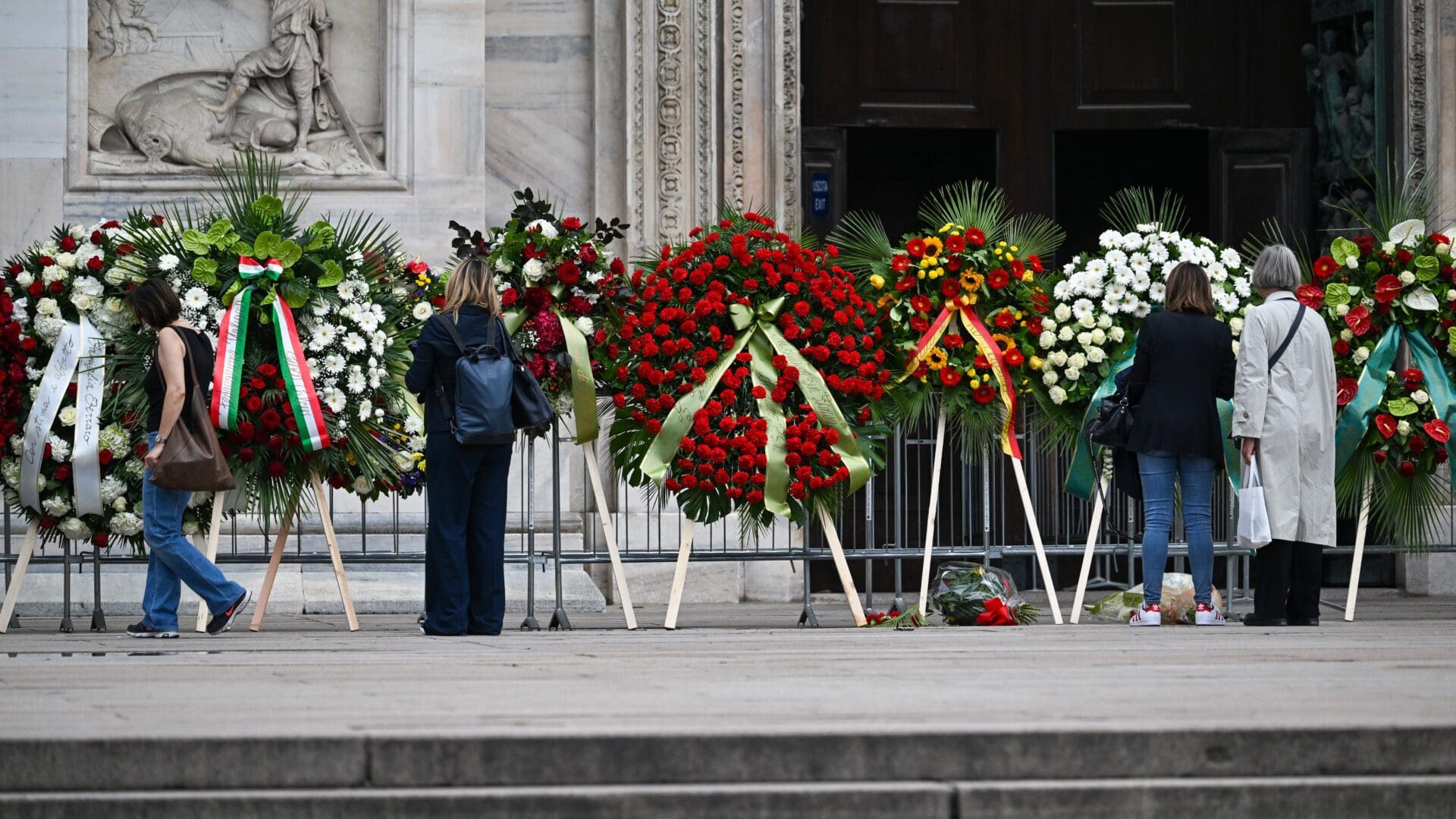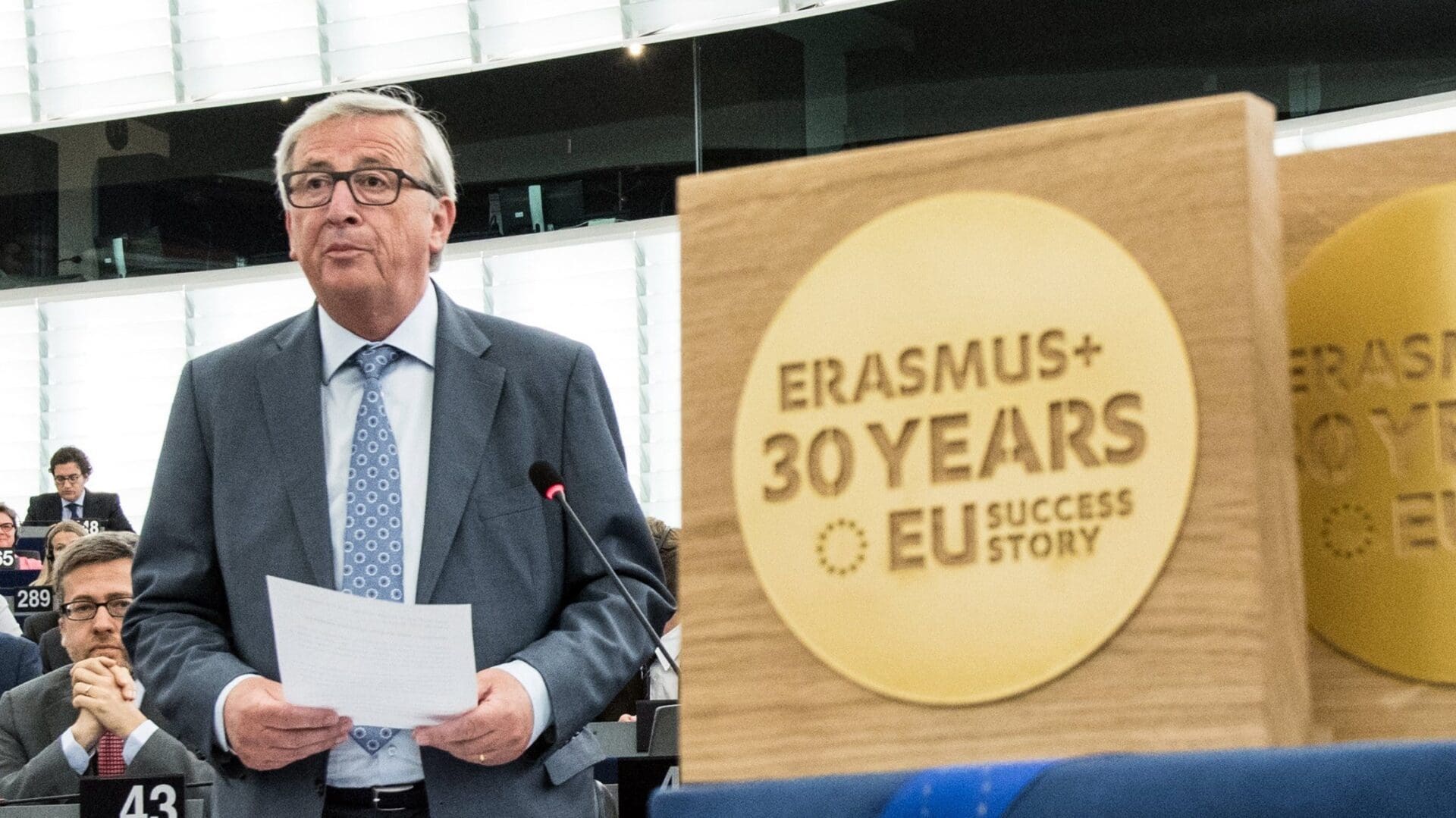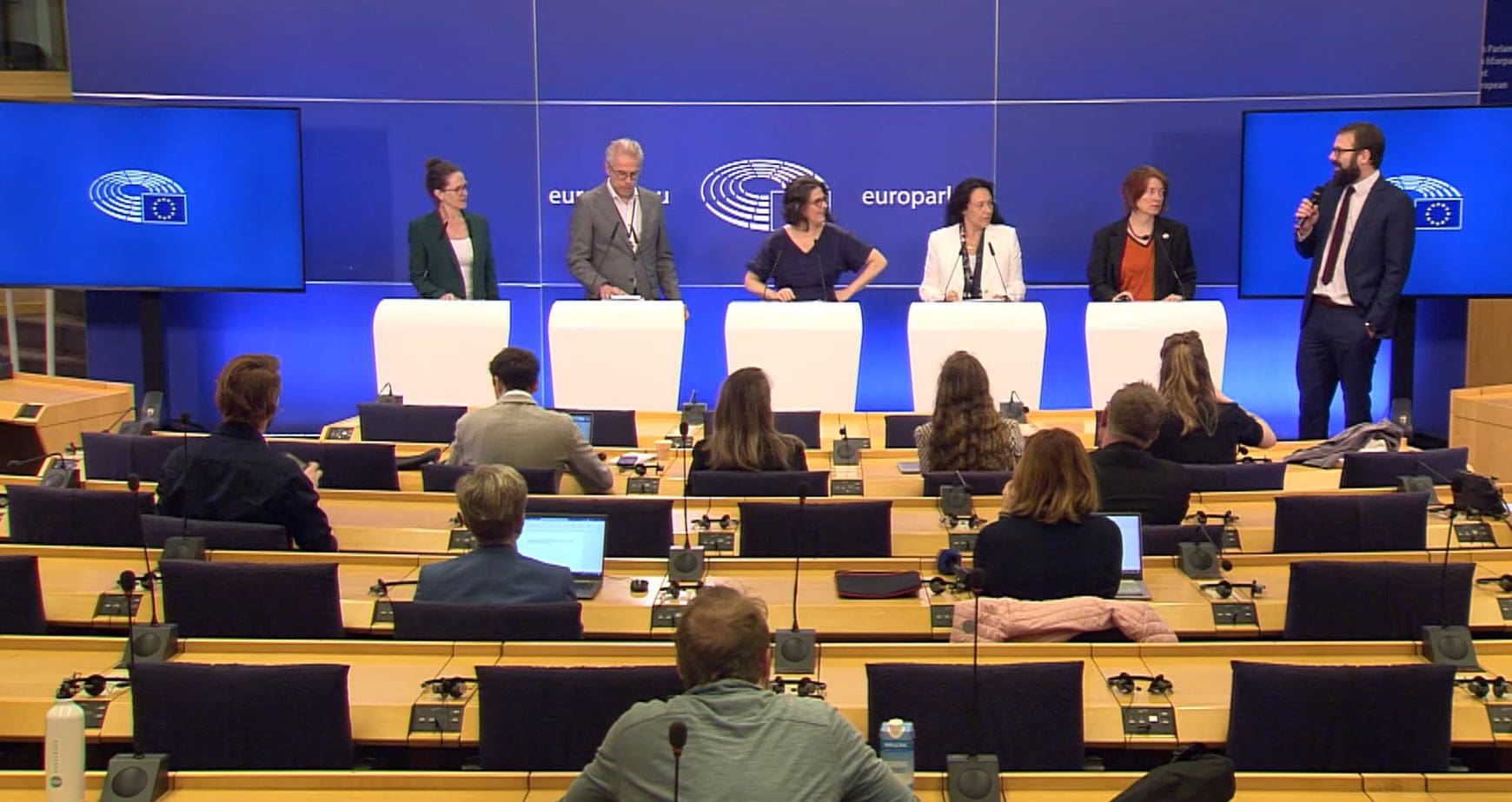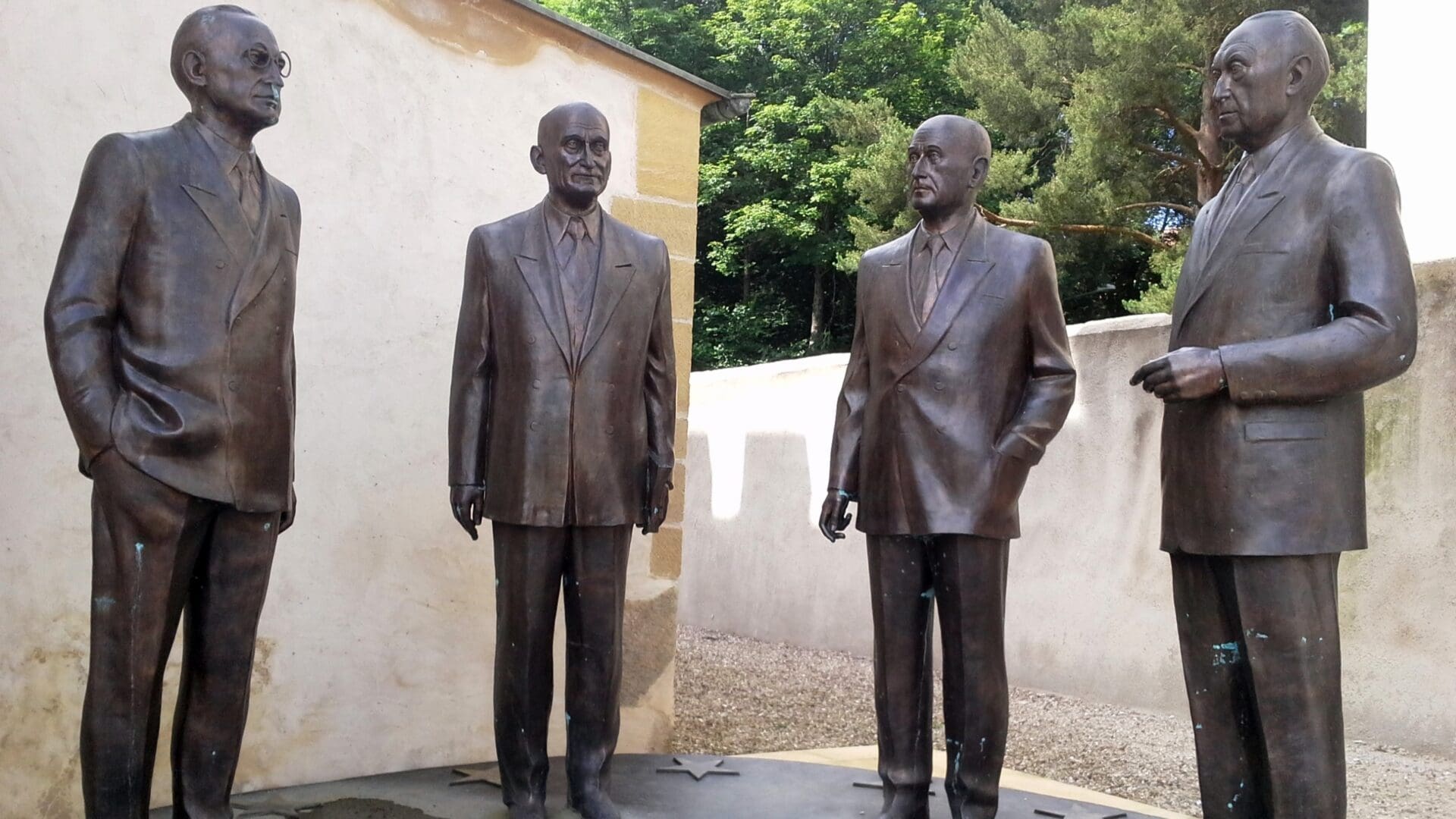
Israel’s Darkest Day and Its Message to the World
On Wednesday, the Dohány Street Synagogue filled with people for a solidarity service held by the Hungarian Jewish communities. Dr Andor Grósz, head of the Hungarian Jewish Federation MAZSIHISZ, said: ‘The mourning and grief of the Jewish community is shared by Hungarian society,’ adding that the Hamas terrorists ‘brutally violated the Ten Commandments, a gift of the Torah to mankind.’

